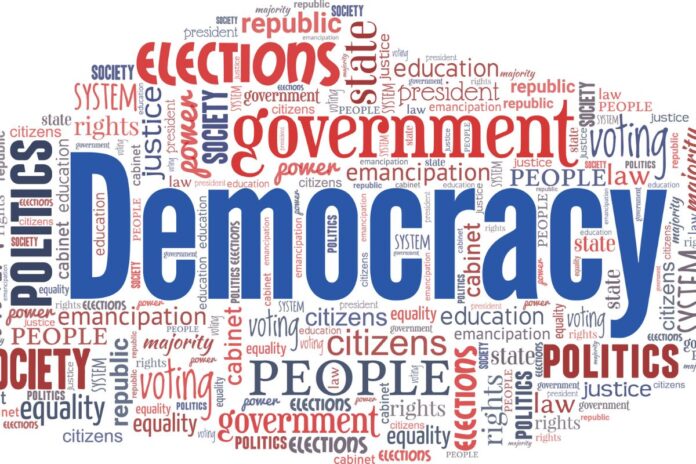My fellow citizens, what does DEMOCRACY mean?
Is a key indicator of a well-functioning democracy whether the president is determined by the political party that secures the highest number of votes?
In the United States, when you cast your vote for a Presidential candidate, you are effectively endorsing your candidate’s chosen electors. These electors, appointed by political parties in their respective states, ultimately vote for the President and Vice President, with the final tally of electoral votes being conducted by Congress. This unique system can result in a President being elected without securing the popular vote, as exemplified by historical instances:
- John Quincy Adams – 1824: Adams faced three opponents, one of whom was Andrew Jackson. Jackson won both the popular vote and the Electoral College. However, to win the presidency, a candidate must obtain more than half of the electoral votes, and Jackson fell short by 32 votes. The House of Representatives ultimately selected John Quincy Adams as the president.
- Rutherford B. Hayes – 1876: Hayes ran against Democrat Samuel Tilden, who was just one electoral vote short of the majority required for victory. With 20 votes in dispute, a Federal Electoral Commission was established, and they awarded all 20 disputed votes to Hayes. Consequently, Hayes won the presidency by a margin of one electoral vote, 185 to 184.
- Benjamin Harrison – 1888: Harrison had one opponent, Democrat Grover Cleveland, who secured more than 90,000 votes in the popular vote but lost the electoral college vote, 233 to 168. This election was marred by allegations of corruption, with both parties accusing each other of voter bribery, and the Democrats making efforts to suppress the Black vote.
- George W. Bush – 2000: Bush faced off against Democrat Al Gore, who received 500,000 more votes than Bush in the popular vote. The election in Florida was closely contested, with Bush prevailing by a mere 537 votes. Gore sued, contending that not all ballots had been counted and pointing to sets of punch cards that had been set aside. The Florida Supreme Court ruled in favor of Gore, but Bush appealed to the U.S. Supreme Court. In a 5-4 decision, the Supreme Court reversed the Florida court’s ruling and halted the recount, ultimately awarding the election to George W. Bush.
- Donald Trump – 2016: Trump’s sole opponent was Democrat Hillary Clinton, who won the popular vote by 2.8 million votes but lost in the electoral college, with 227 electoral votes to Trump’s 304.
These historical examples underscore the complexities of the U.S. electoral system and its implications for democracy in the United States.
With the impasse and subsequent delay in announcing the results of the 2020 general elections in Guyana, and the events that led up to this moment:
- Have the democratic principles exercised in 2020 delivered what we expected and the best from the choices presented?
- Were there instances of vote manipulation or voter suppression?
- Should Guyana consider crafting a new constitution to ensure that the fate of 100% of the population is not decided solely by 51% of the electorate?
- Are Guyanese overly fixated on election outcomes while neglecting other vital tenets of democracy, such as citizen participation, equality, accountability, transparency, political tolerance, a multi-party system, checks against the abuse of power, economic freedom, a bill of rights, human rights, free and fair elections, impartial courts, acceptance of election results, free and independent press and the rule of law?
Voters, past performance is normally a good indicatior of future actions. Beware of empty promises.







